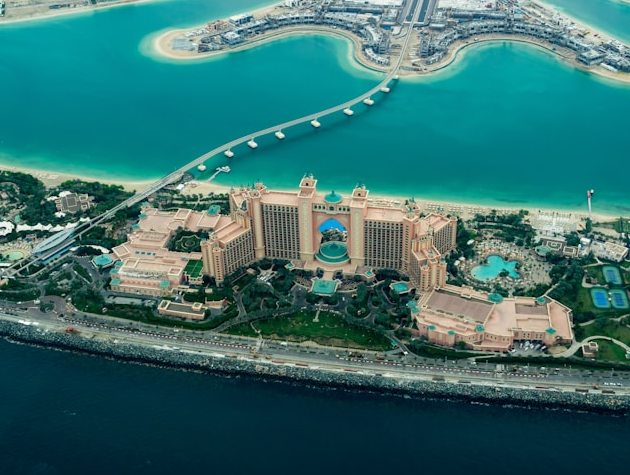From Culture to Customs: an Insider's Guide to Dubai
Dubai attracts millions of visitors annually with its promise of unparalleled luxury, yet the emirate's cultural landscape often surprises unprepared travellers. The gleaming skyscrapers and opulent shopping malls create an illusion of Western familiarity, but beneath this modern veneer lies a society with distinct expectations and restrictions. Entertainment options differ significantly from what many tourists expect. For example, those who normally unwind with online entertainment like Fambet casino will discover that gambling remains prohibited throughout the UAE, with access being blocked. But that is a good thing because it frees up time to do what travel really should be about - exploring a new place.
Understanding cultural boundaries in the desert metropolis
The contrast between Dubai's international image and its local customs creates confusion for many first-time visitors. Alcohol, while available in licensed hotels and restaurants, cannot be consumed publicly or purchased from regular stores without a special permit. Public displays of affection beyond hand-holding can result in serious consequences, particularly during Ramadan when additional sensitivities apply. Even something as simple as photographing people without permission, especially local women, crosses cultural boundaries that tourists might not anticipate.
Dress codes extend beyond religious sites into everyday spaces. Shopping malls post signs requesting modest attire, though enforcement varies considerably. Beachwear belongs exclusively at pools and beaches – walking through a hotel lobby in swimming attire draws disapproving stares and possible intervention from security. The same luxury resorts that offer Fambet-level entertainment experiences in other countries maintain stricter behavioural standards here, balancing international hospitality with local values.
Financial realities beyond the glamorous facade
Dubai's reputation for luxury creates expectations that everything costs a fortune, yet the reality proves more nuanced. Taxis remain surprisingly affordable compared to major Western cities, whilst public transportation offers an efficient, air-conditioned alternative for budget-conscious travellers. The contrast becomes stark in hospitality venues where a cocktail might cost thirty dollars, whilst a full meal from a local restaurant runs less than ten.
Credit cards work everywhere in tourist areas, but cash still dominates in traditional souks and smaller establishments. The fixed exchange rate between the dirham and US dollar provides stability, though European visitors face fluctuating conversion rates.
Tourist pricing exists but operates differently than in other destinations. Haggling in the gold and spice souks forms part of the shopping experience, with initial prices set artificially high. Modern malls maintain fixed pricing similar to Western retail environments. The key lies in recognising which venues expect negotiation and which consider it inappropriate.
Navigating summer's extreme conditions
Between June and September, temperatures regularly exceed 45 degrees Celsius, transforming simple walks into endurance tests. The heat doesn't just inconvenience – it poses genuine health risks for unprepared visitors. Hotels and malls blast air conditioning to arctic levels, creating a 30-degree temperature swing within seconds of entering buildings. Travellers learn to carry light jackets for indoor venues whilst dressed for outdoor furnace conditions.
Humidity compounds the heat problem, particularly during August when the combination creates a suffocating atmosphere. Outdoor attractions close or severely limit hours during peak summer. Even pools become uncomfortably warm, offering little relief from the heat.

